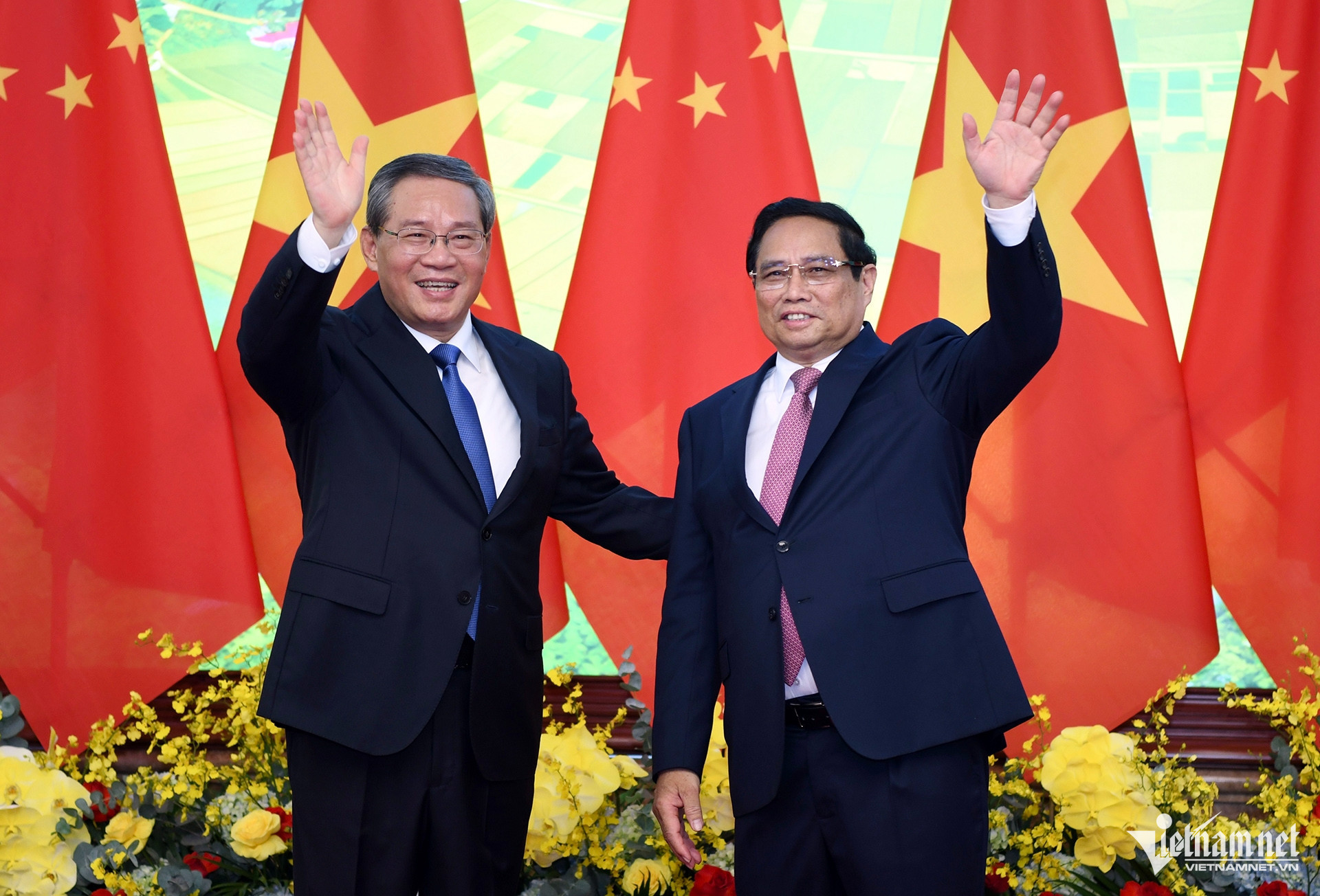From November 5-8, Prime Minister Pham Minh Chinh will participate in the 8th Greater Mekong Subregion (GMS) Cooperation Summit, the 10th Ayeyawady-Chao Phraya-Mekong Economic Cooperation Strategy (ACMECS) Summit, and the 11th Cambodia-Laos-Myanmar-Vietnam (CLMV) Cooperation Summit.
Deputy Minister of Foreign Affairs Pham Thanh Binh noted that this marks the first in-person convening of the GMS, ACMECS, and CLMV cooperation mechanisms in six years, providing an opportunity for leaders to discuss collaboration strategies that will help these mechanisms progress into a new era of development.
The Prime Minister’s visit is expected to deliver significant messages to the Mekong subregion, the region at large, and the global community.

Strengthening regional cooperation
Responding to the need for enhanced collaboration, Deputy Minister Binh highlighted that the push for green transformation, digital transformation, and inclusive, sustainable development is more urgent than ever. The Mekong subregion must make “breakthroughs” to meet these new development demands.
Alongside economic growth, the discussions will focus on facilitating trade and investment, enhancing both hard and soft infrastructure, and the sustainable management and use of cross-border water resources. The Prime Minister and other leaders will also explore new issues, including innovation.
These new areas of cooperation aim to position the GMS, ACMECS, and CLMV frameworks not only as traditional cooperation mechanisms but as pioneering platforms that can elevate the Mekong subregion to new heights.
Building political trust
These summits gather all Mekong river-bordering nations, which share close ties and traditional friendships with Vietnam. Prime Minister Pham Minh Chinh will engage with government officials, local authorities, businesses, and citizens from various countries, particularly China as the host nation.
Deputy Minister Pham Thanh Binh emphasized that this occasion is vital for showcasing Vietnam’s goodwill and openness to cooperation, fostering mutual understanding, and deepening neighborly ties. It also supports more comprehensive economic, trade, and investment partnerships.
The trip also seeks to maintain the positive momentum of Vietnam-China relations, further solidifying the mutual agreements reached during General Secretary To Lam’s visit to China in August, fostering stable, healthy, and sustainable bilateral development.

Enhancing Vietnam’s international reputation
The Prime Minister’s attendance at these events reflects Vietnam’s dedication to the GMS, ACMECS, and CLMV frameworks and broader Mekong subregional cooperation. His participation will convey Vietnam’s commitment to promoting and contributing to these mechanisms, sparking progress in a new development phase. This underscores Vietnam’s independent and proactive foreign policy, which emphasizes diversification, multilateralism, and a commitment to being a reliable, responsible member of the international community.
Comprehensive and high-impact agenda
The Prime Minister’s activities, spanning four intensive days, are designed to be effective, inclusive, and substantial.
In terms of format, Prime Minister Pham Minh Chinh will attend and deliver key speeches at the three summits, hold bilateral meetings with important partners, participate in Vietnamese tourism promotion events, engage in business dialogues, and visit economic and logistics centers in Kunming and Chongqing, China.
With a diverse range of partners, the Prime Minister is expected to meet with many key figures who hold the potential for collaboration with Vietnam, including development partners, multilateral financial institutions, and central and local Chinese agencies and enterprises.
The agenda focuses on promoting areas that align with Vietnam’s development priorities, such as trade and export-import activities, strengthening infrastructure connectivity (both hard and soft), and the sustainable and effective management of cross-border water resources.
Efforts will also be made to seek resources for tapping into Vietnam’s significant potential in fields such as science and technology, innovation, digital and green transformation, all serving the nation’s socio-economic development.
Tran Thuong